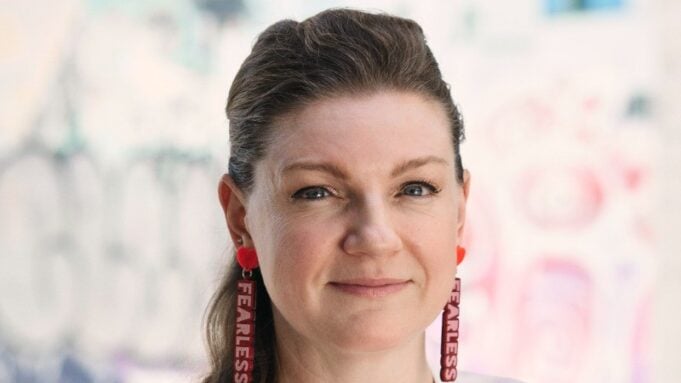Australian creative workers have opposed suggested changes to copyright law that could pave the way for broader use of their work in AI training without consent or compensation.
The opposition comes in response to the Productivity Commission’s interim report, “Harnessing data and digital technology” which sought feedback on a potential “text and data mining (TDM) exception” to the Copyright Act. Creative organisations argue the move would effectively legalise copyright infringement that has already occurred, undermining the nation’s billion-dollar creative industries.
“Tech companies operating Large Language Models (LLMs) have admitted that their AI models are built on the backs of copyrighted works that have been taken without consent or payment,” said Claire Pullen, CEO of the Australian Writers’ Guild (AWG) and the Australian Writers’ Guild Authorship Collecting Society (AWGACS).
“It is unbelievable that the Productivity Commission can even be considering sweeping this under the rug in pursuit of unproven benefits touted by tech companies.”
In their joint submission, the guilds and industry groups criticised the Commission for neglecting fundamental questions, including whether AI models work reliably and whether there is credible evidence of the economic impact claimed by proponents.
They also pointed to contradictions with the Commission’s own 2022 recommendations on protecting First Nations cultural assets.
“The Productivity Commission has called for a light touch on regulation, and in doing so is falling directly in line with the global tech companies who seek to push aside Australian law and the rights of Australian workers in pursuit of cash-grabs for investors,” Pullen added.
View this post on Instagram
Instead, the submission calls for regulation that requires AI developers to gain consent before using creative work for training, alongside appropriate compensation.
It also recommends remedies for past infringements, including the removal of works from models, as well as new protections for First Nations cultural heritage and expanded moral rights for artists.
The proposals suggest establishing a no-cost jurisdiction for creators to seek remedy in cases of infringement, and standalone AI regulation aligned with Department of Industry, Science and Resources guidelines.
“Australia’s existing copyright framework is a sound basis for the continued growth of Aussie content and intellectual property,” Pullen said.
“If we want to fuel productivity in Australia, we should be looking to licensing and royalty collection systems that empower creators to own and license their work, their likenesses and voice, rather than stripping away their rights.”
Pullen’s message was unequivocal: “There can be no economic, cultural or scientific benefit to the nation until a process of transparency, consent and ongoing compensation is afforded to the creative workers who have made AI possible.”































